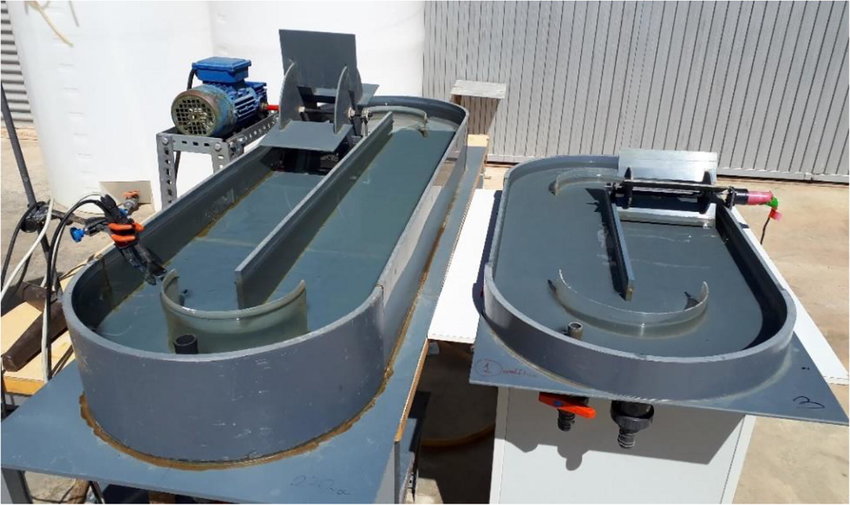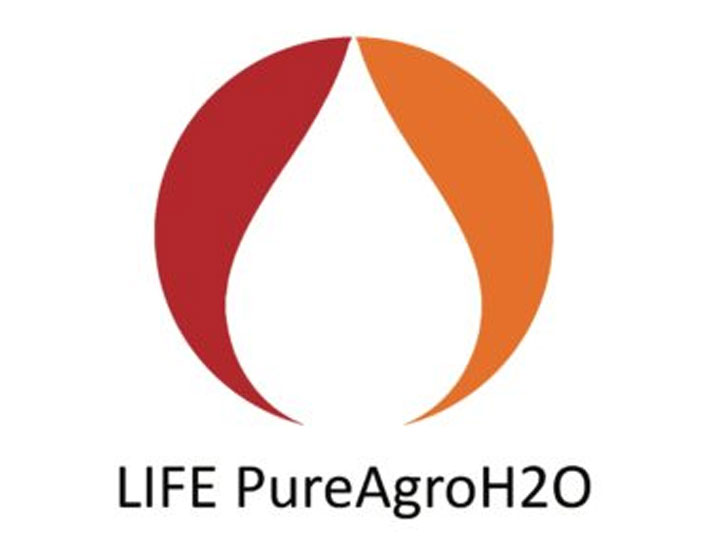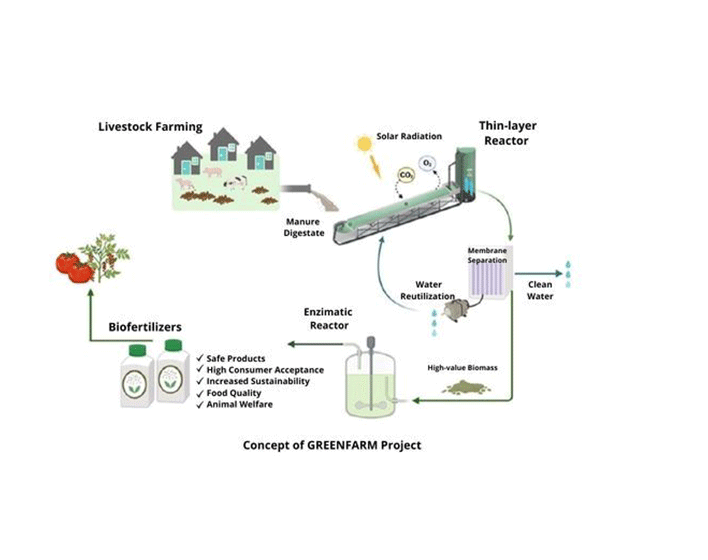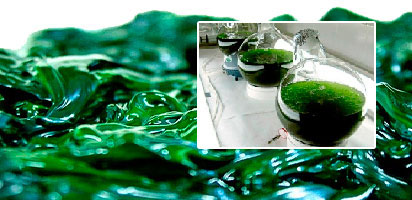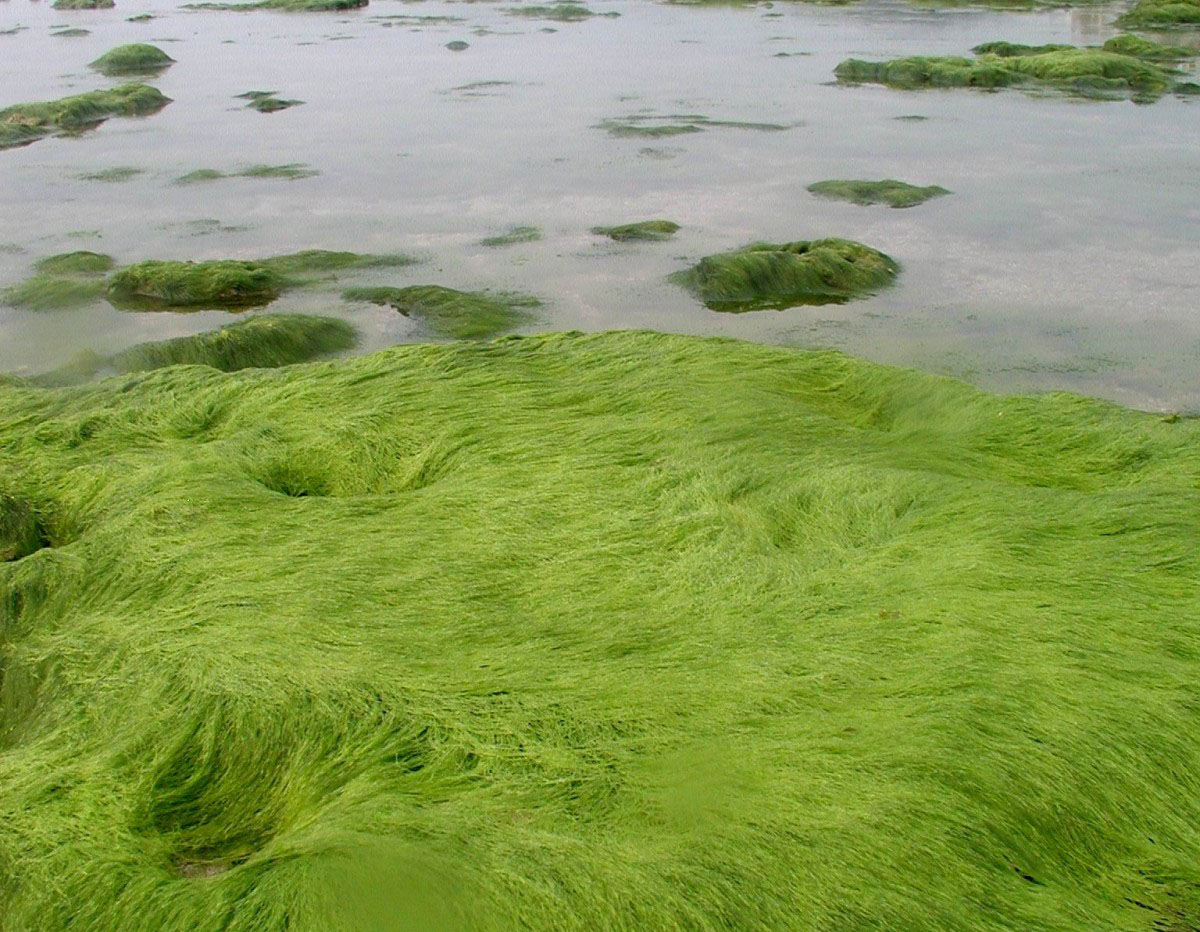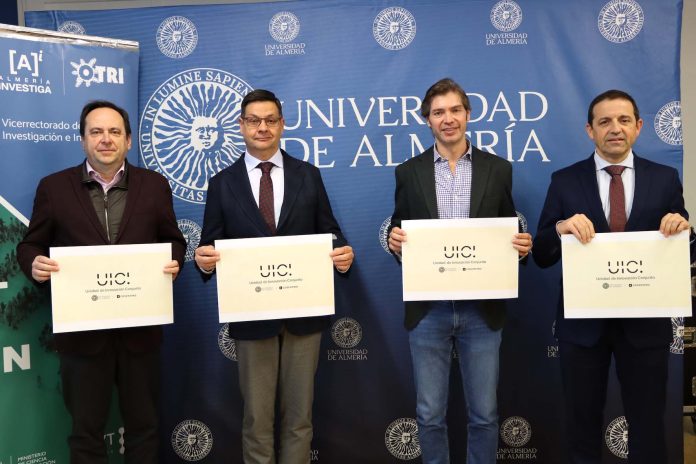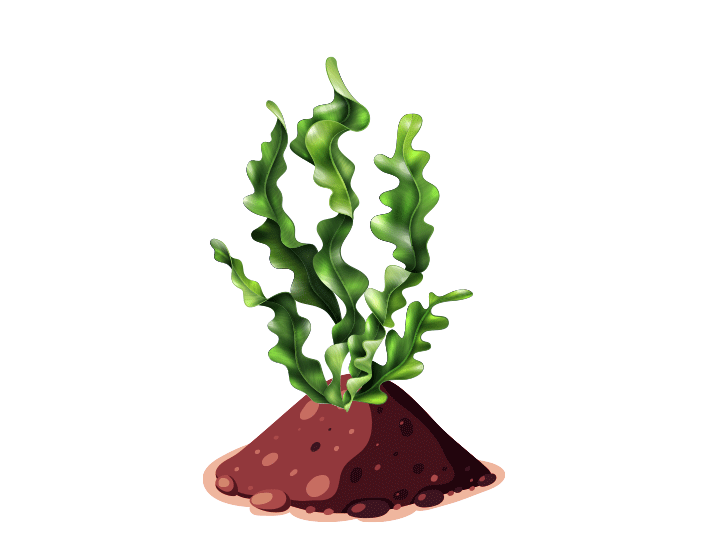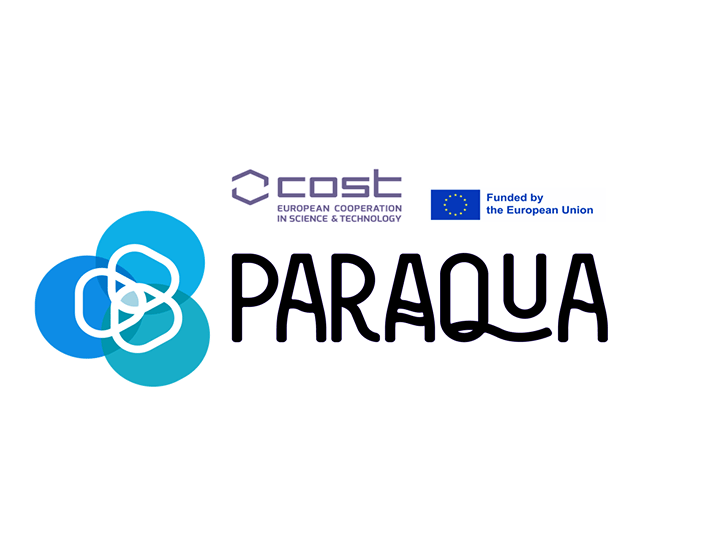Participants
- Functional Unit “Water Treatments”
- Functional Unit “Environmental Analysis”
Contacts
J.A. Sánchez Pérez (jsanchez@ual.es)
Funds:
Consejería de Universidad, Investigación e Innovación. Junta de Andalucía. Convocatoria 2021 de ayudas a actividades de transferencia de conocimiento entre los agentes del sistema andaluz del conocimiento y el tejido productivo.
Current Situation:
In progress
Summary
Taking into account that Regulation (EU) 2020/741 will apply from June 2023, water reclamation facilities, in service for years, must improve their treatment systems or incorporate new treatments to meet the new quality requirements. In this sense, the photo-Fenton process stands out as a highly effective tertiary treatment both in the elimination of micropollutants and in the inactivation of microorganisms. Regarding the source of UV radiation, there is a growing interest in the use of light emitting diodes (LED) as an alternative to mercury lamps. This system has significant advantages such as low energy consumption, long lifetime, high spectral purity, uniform illumination, energy efficiency and flexible configuration.
The bacterial inactivation efficiency of LED systems depends on the wavelength and spectral distribution of the light source. Today, UVC treatment is widely applied, mainly in drinking water disinfection devices and small domestic systems, as UVC irradiation effectively eliminates fungi, yeasts, viruses and bacteria, without chemical residues, corrosion or harmful additives. UVC-LED technology is on the rise, and 254 nm LEDs are now available, although their cost is not yet competitive. Taking into account the promising results obtained at laboratory scale by the research team, pioneer in the UVC-LED-278/Fe3+–NTA/H2O, system, this project addresses for the first time the design, operation and evaluation of a prototype photoreactor for photo-Fenton at neutral pH with Fe3+–NTA under UVC-LED radiation at 278 nm for the tertiary treatment of wastewater complying with the quality requirements established in Regulation (EU) 2020/741.
Objectives:
The general objectives of the proposal are the construction of a demonstration-scale prototype of a continuous UVC-LED photo-Fenton reactor for the regeneration of secondary WWTP effluents and the protection of technological know-how for its commercial exploitation. To this end, the following specific objectives will be addressed:
- Analysis of the socio-economic feasibility of wastewater reclamation using the UVC-LED photo-Fenton process.
- Design, construction and operation of a prototype UVC-LED photo-Fenton reactor on a demonstration scale as a tertiary treatment.
- Establishment of the technological knowledge protection procedure.
- Establishment of a business plan to transfer the technology to the water industry or create a spin-off.

